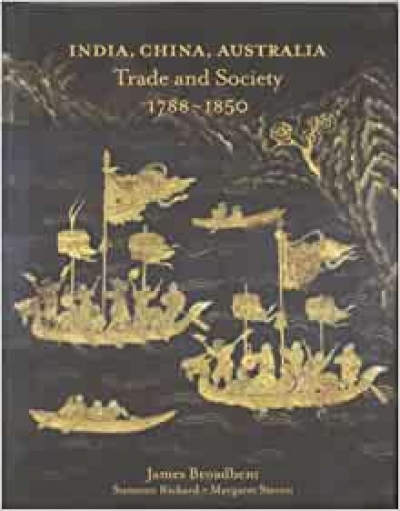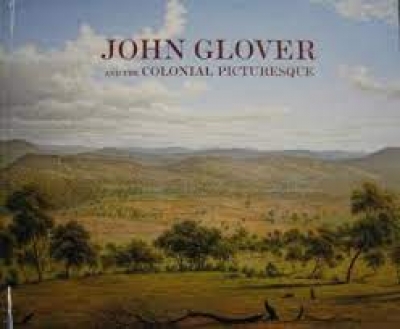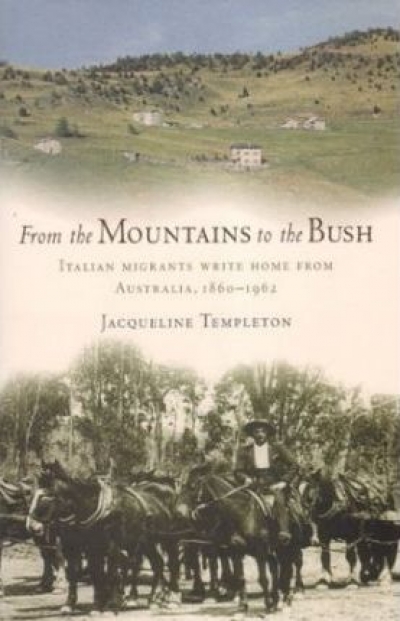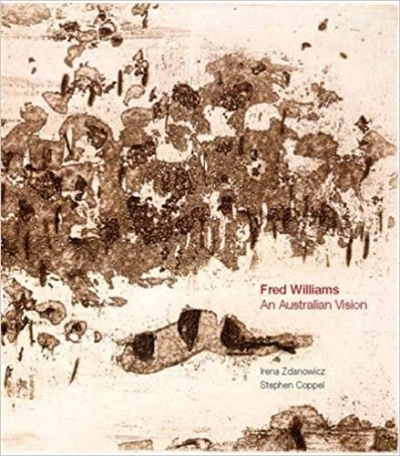Archive
India, China, Austraila: Trade and society 1788 - 1850 by James Broadbent, Suzanne Rickard and Margaret Steven
At the height of summer fire danger, on Friday, 13 February 2004, the ABC launched on its website an online documentary about the most awesome bushfires since the European occupation of Australia. The Black Friday fires of 1939 still represent the ‘worst possible’ conditions in a continent of fire. The website reveals just how deeply Black Friday burned into the national conscience, and how profoundly it changed attitudes to society and nature. It also took lives and left survivors with enduring emotional and physical scars. Some of those stories are told for the first time.
... (read more)From the Mountains to the Bush: Italian immigrants write home from Australia by Jacqueline Templeton, edited by John Lack and assisted by Gioconda di Lorenzo
Fred Williams: An Australian vision by Irena Zdanowicz and Stephen Coppel
We’ve been hectored by Miss Greer and savaged by Mr Hughes, but, like Goldilocks with the three bears’ bowls of porridge, Mr Conrad loves us just right. His book At Home in Australia is a collaboration between the National Gallery of Australia and Thames & Hudson, and more particularly between himself and Gael Newton, the gallery’s Senior Curator of Photography, who rang him in London with an invitation to write a book about the gallery’s photography collection.
... (read more)Changes in the composition of the family or friendship group are among the most challenging situations to confront children, so it is no surprise that many books for the upper-primary-aged reader address this theme.
... (read more)







